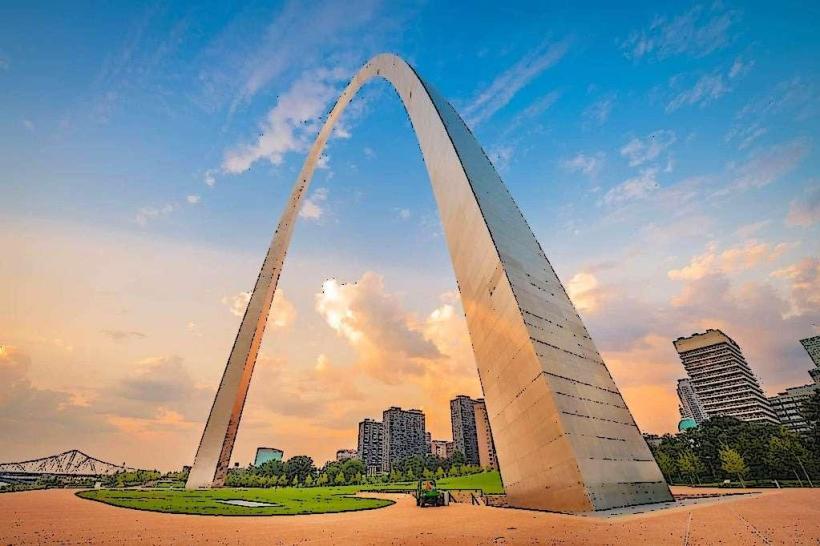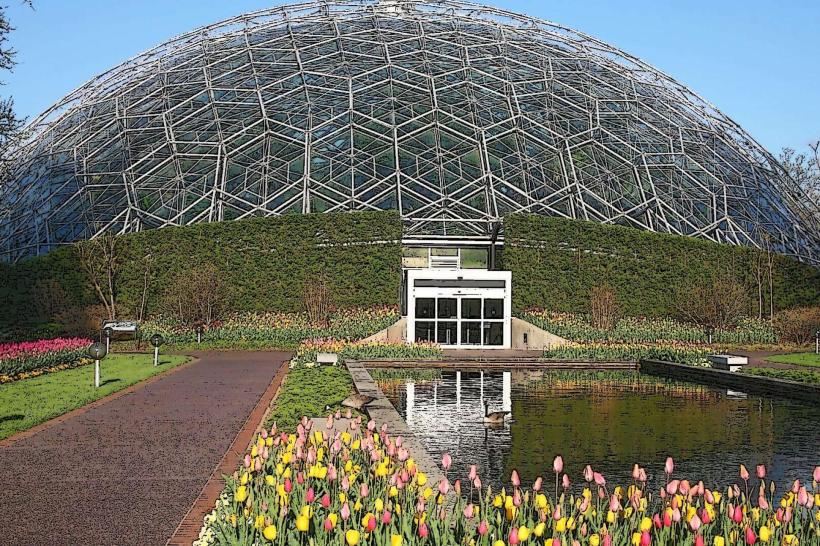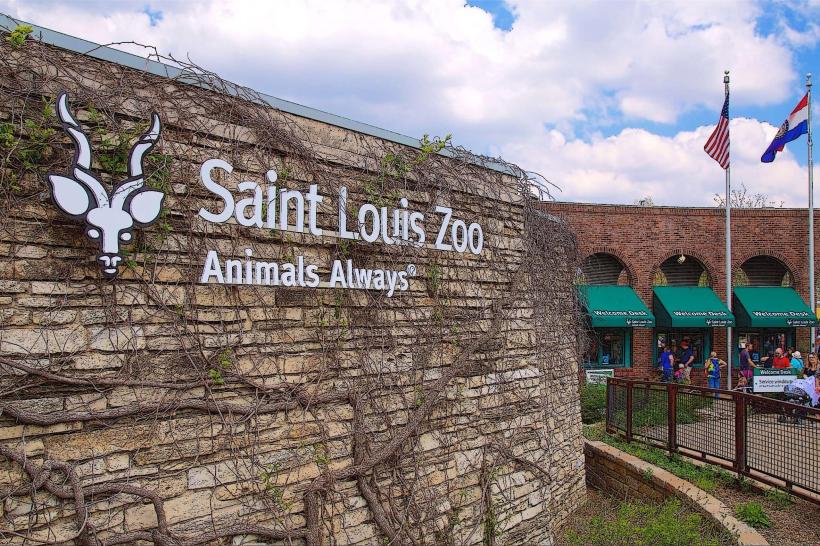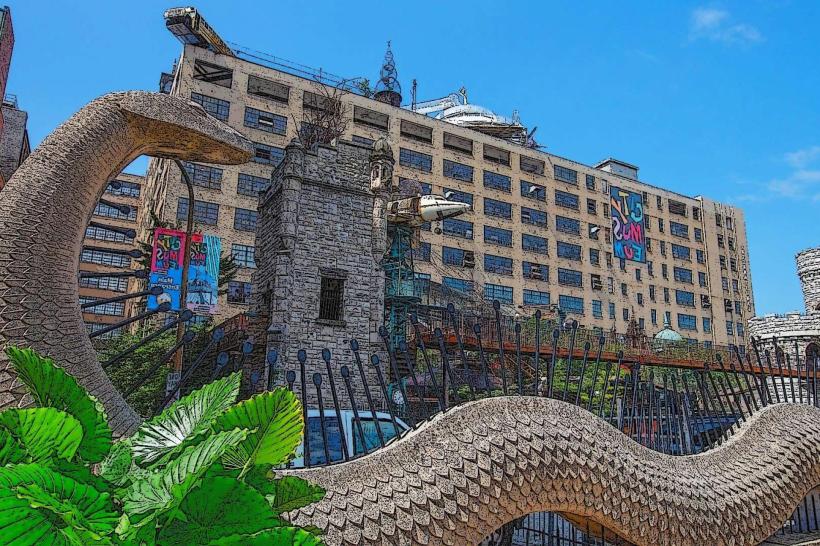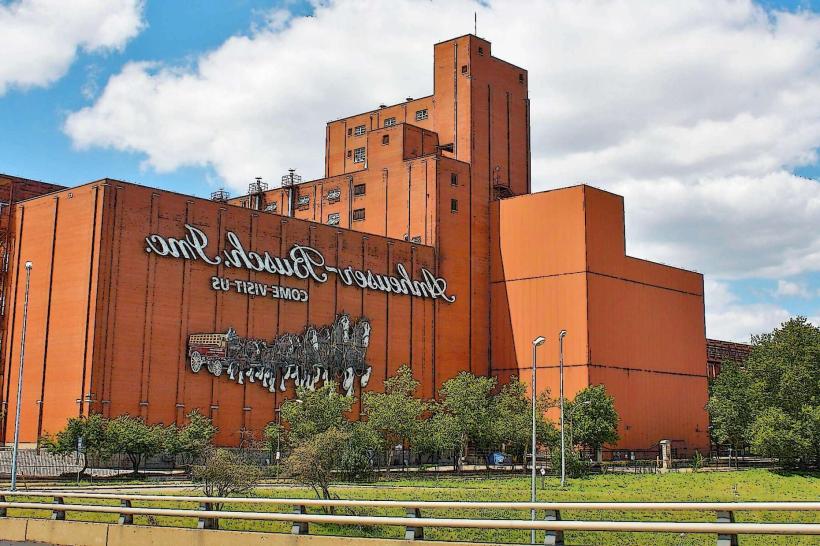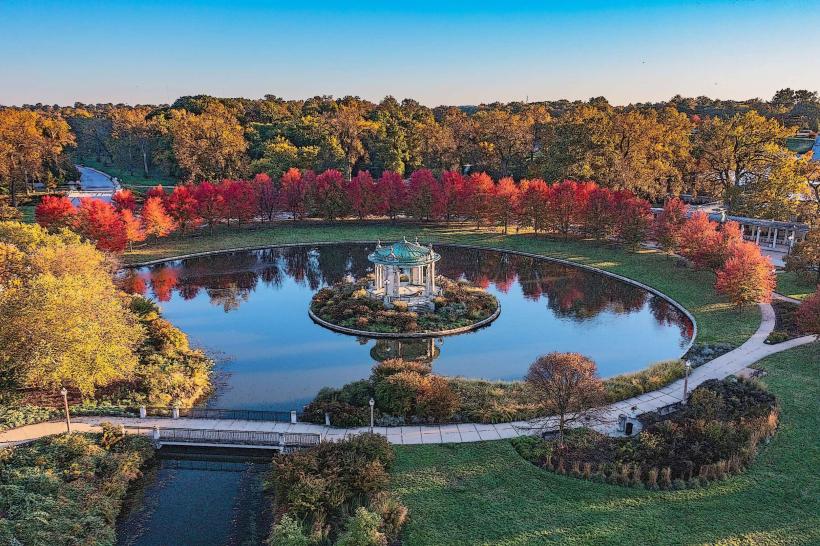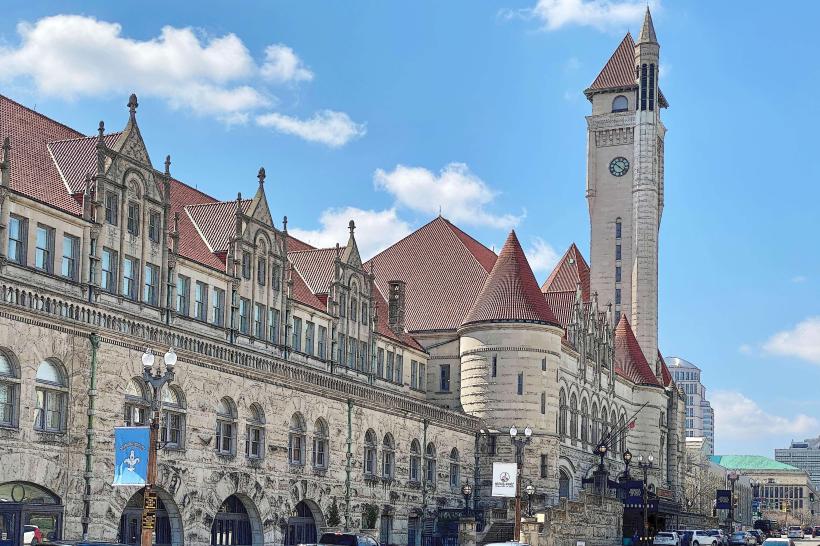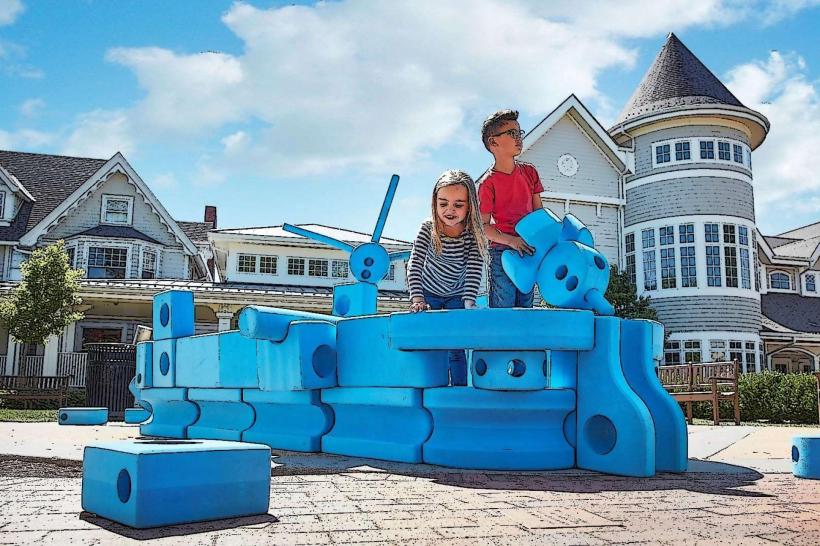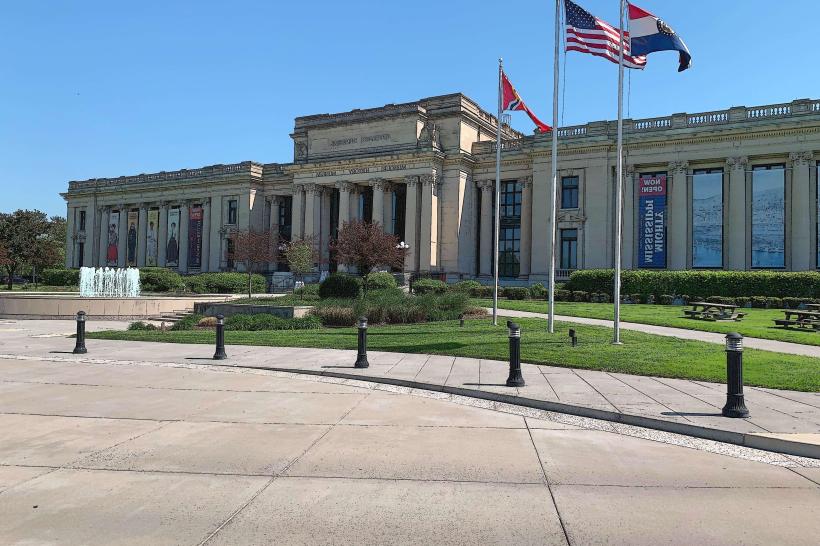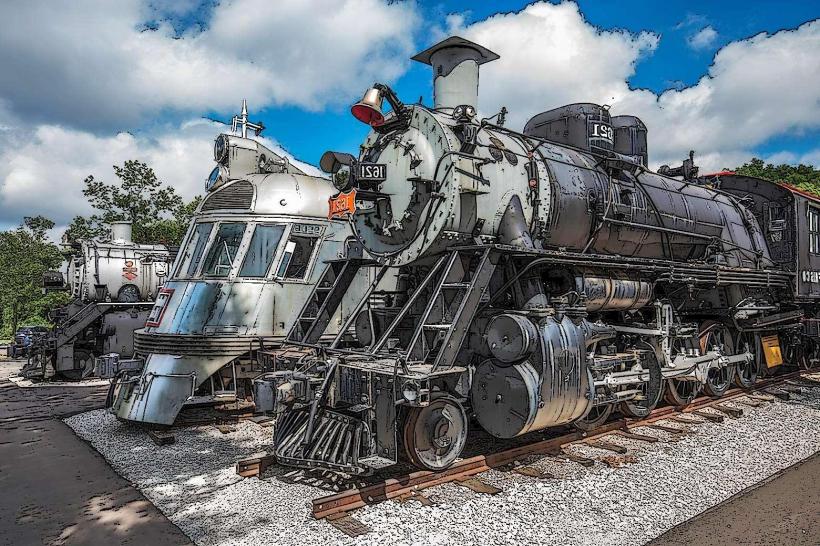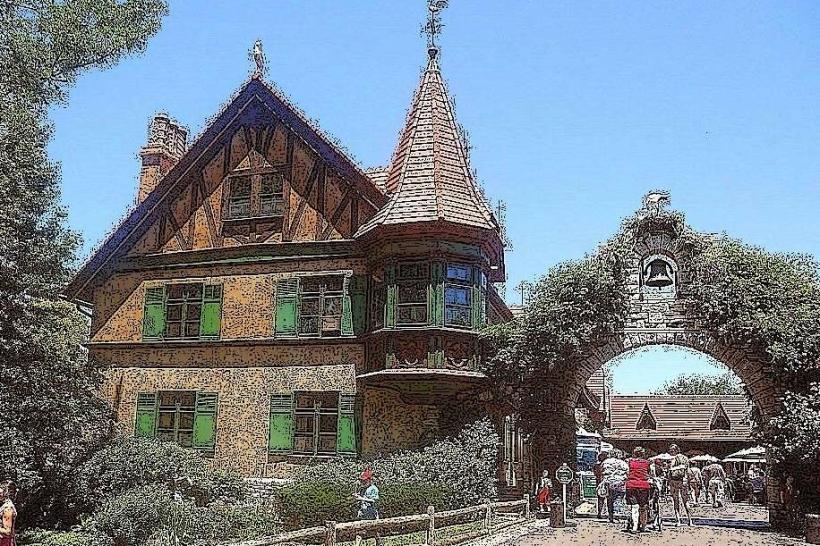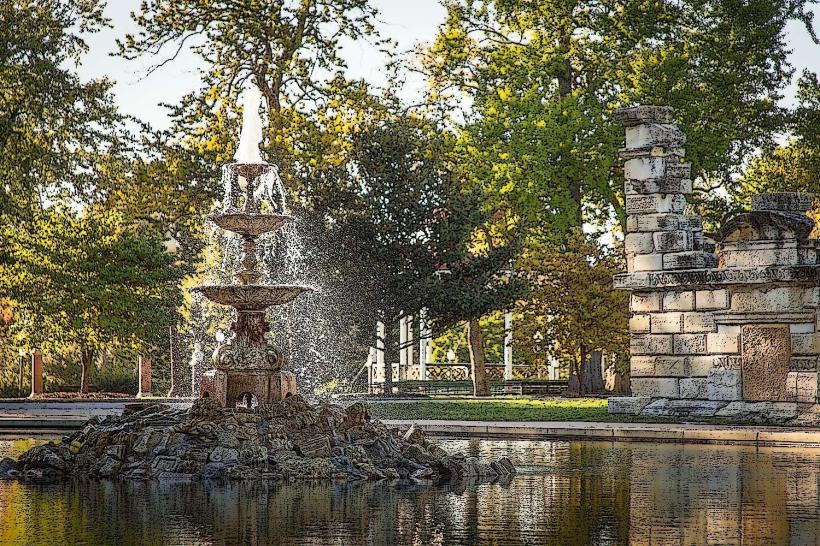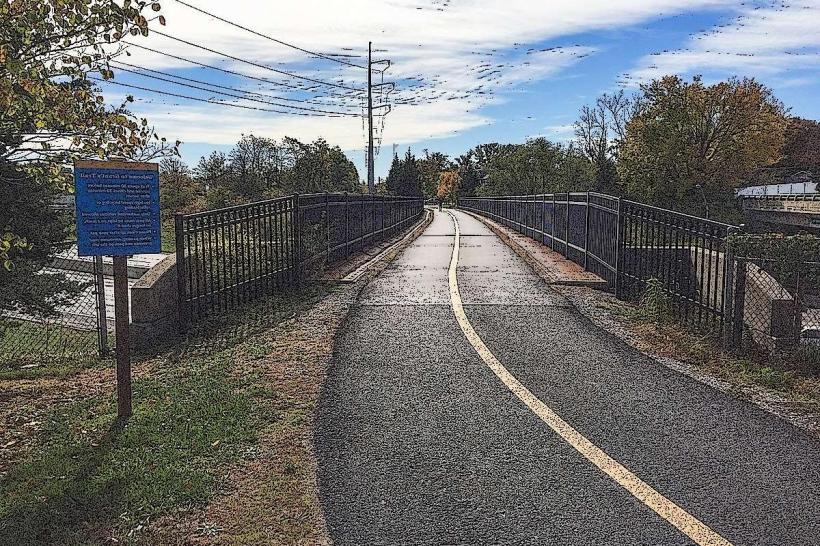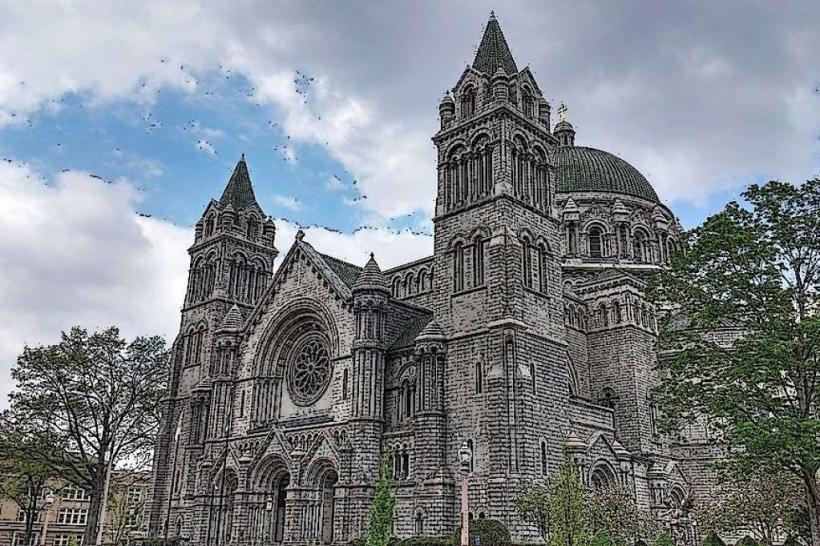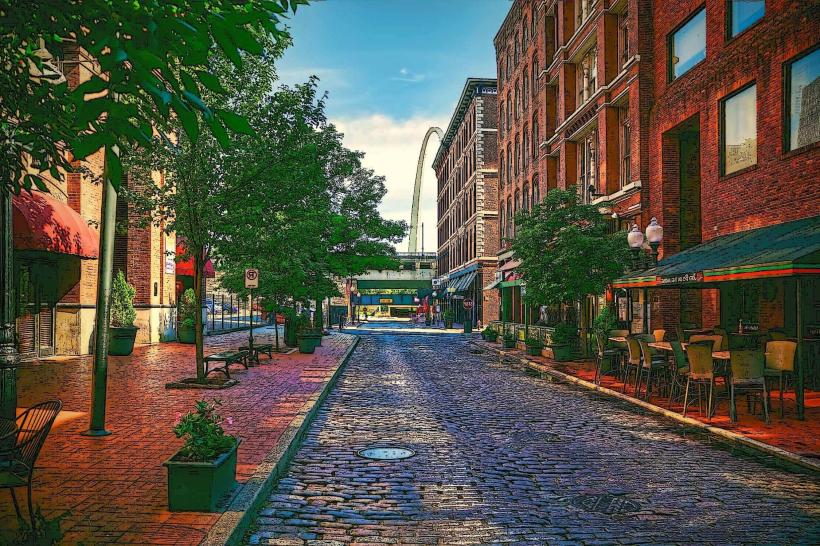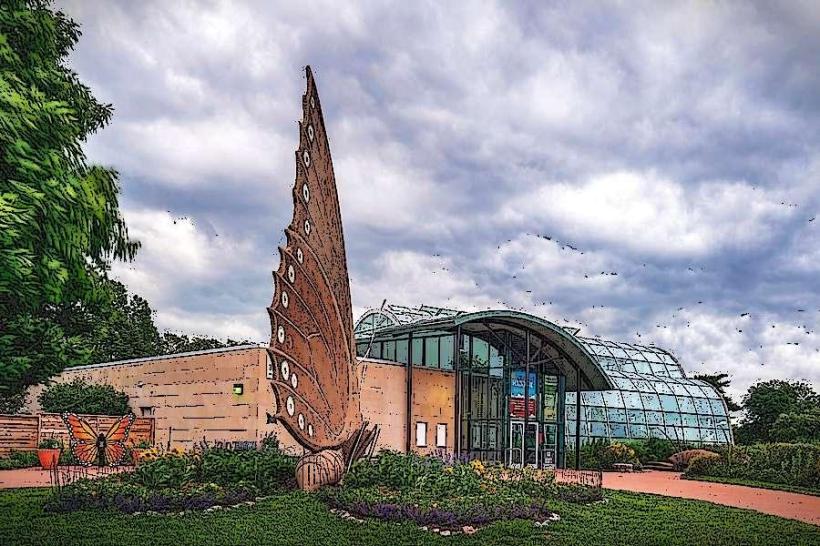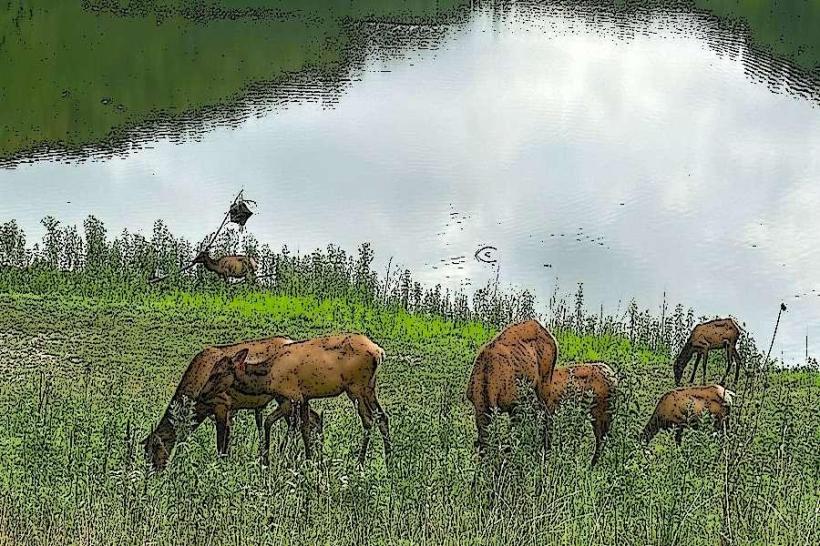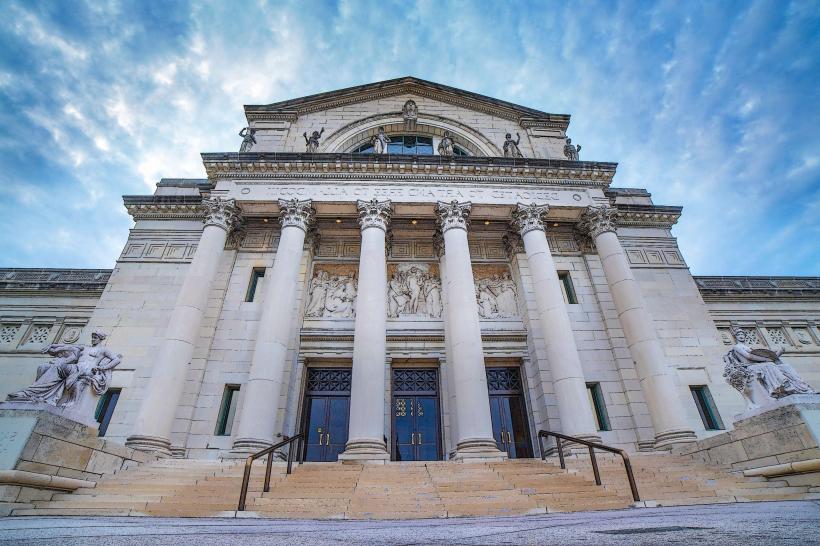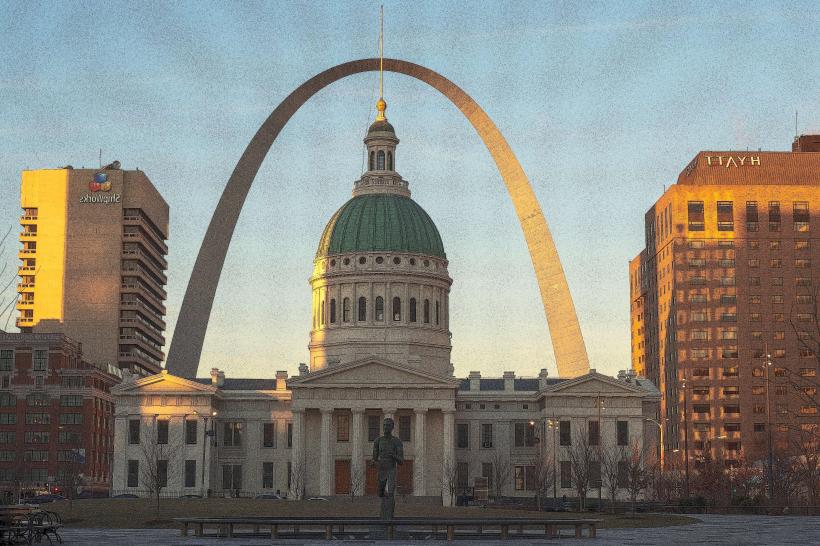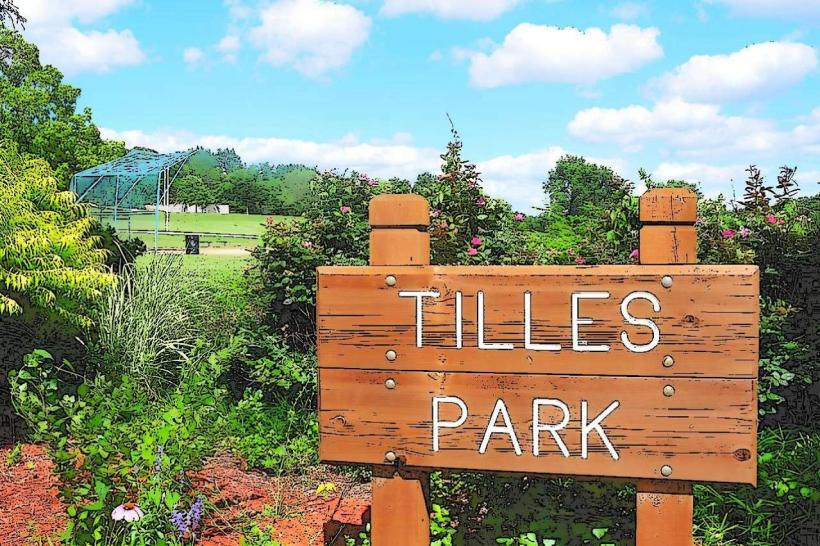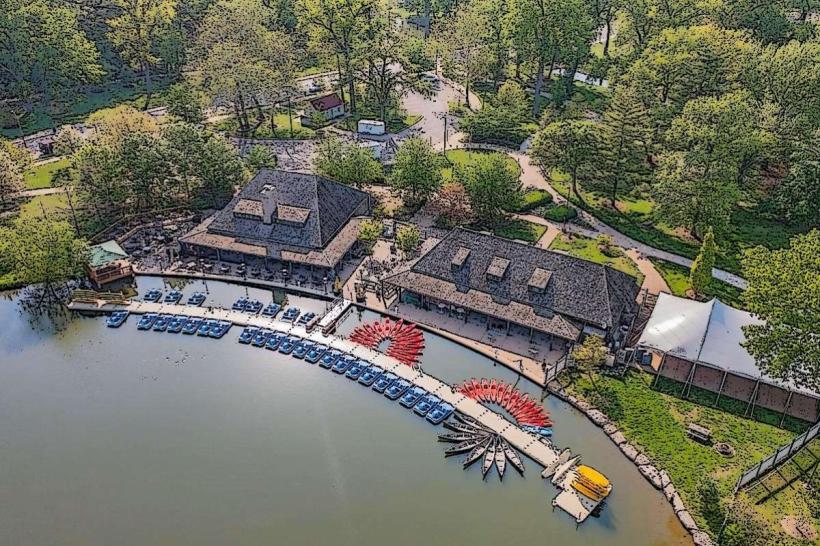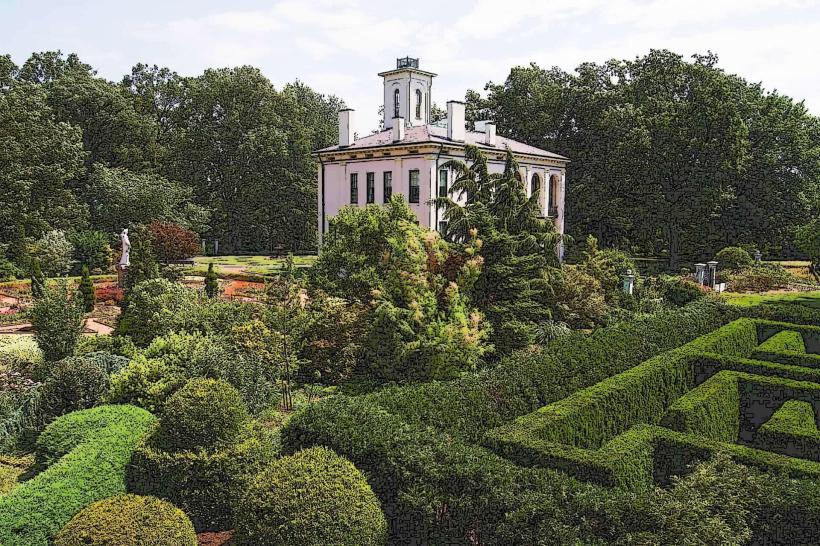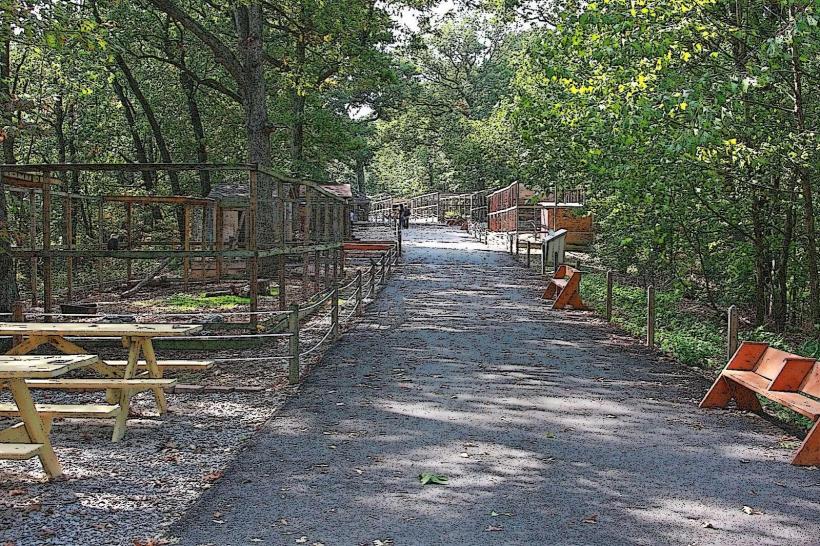Information
Landmark: National Blues MuseumCity: St Louis
Country: USA Missouri
Continent: North America
National Blues Museum, St Louis, USA Missouri, North America
The National Blues Museum is a museum dedicated to the history and cultural significance of the blues music genre, located in St. Louis, Missouri, USA.
It occupies a 23,000-square-foot space within the downtown area of the city.
Visual Characteristics
The museum's exterior features a modern design with a facade primarily composed of dark-colored brick and large glass panels. The interior is designed to be interactive, with exhibits utilizing digital displays, audio-visual components, and physical artifacts. The color palette within the exhibition spaces often incorporates deep blues and grays, reflecting the genre's themes.
Location & Access Logistics
The National Blues Museum is situated at 610 North Broadway, St. Louis, MO 63101. It is located approximately 1 mile north of the Gateway Arch and is easily accessible from Interstate 70 and Interstate 44. Parking is available in nearby paid garages, including the Broadway Garage and the St. Louis Centre Garage. Public transportation options include MetroLink light rail, with the nearest station being the 8th & Pine station, approximately a 0.5-mile walk. Several Metro bus lines also serve the downtown area, with stops within a 0.25-mile radius.
Historical & Ecological Origin
The museum was founded in 1980 by a group of blues enthusiasts and historians. Construction of the current facility was completed in 2015, with the museum officially opening its doors in 2016. Its purpose is to preserve, interpret, and celebrate the history of the blues and its influence on American music and culture.
Key Highlights & Activities
Visitors can explore interactive exhibits detailing the origins of the blues, its evolution, and its impact on genres like jazz, rock and roll, and R&B. The museum features a collection of artifacts, including instruments, stage costumes, and personal effects of blues musicians. Live music performances are regularly scheduled in the museum's auditorium. Educational programs and workshops are also offered.
Infrastructure & Amenities
Restrooms are available on-site. Limited shaded areas are present within the museum's interior exhibition spaces. Cell phone signal (4G/5G) is generally reliable within the museum. Food and beverage options are available at the museum's cafe, and several restaurants are located within a 0.5-mile radius.
Best Time to Visit
The museum is open daily, with hours typically from 10:00 AM to 5:00 PM, extending to 8:00 PM on Thursdays. Weekday mornings are generally less crowded. For photography, interior lighting is consistent, but flash photography is restricted in certain exhibit areas. No specific tide requirements apply.
Facts & Legends
A unique aspect of the museum's design is the "Soundscape," an immersive audio-visual experience that uses projection mapping to tell the story of the blues. It is said that the museum's location was chosen to be near the Mississippi River, a significant route for the migration of blues musicians from the South.
Nearby Landmarks
- Gateway Arch National Park - 0.8km South
- Old Courthouse - 0.7km South-West
- Citygarden - 0.3km South-East
- Busch Stadium - 1.2km West
- Eads Bridge - 1.0km South-East

